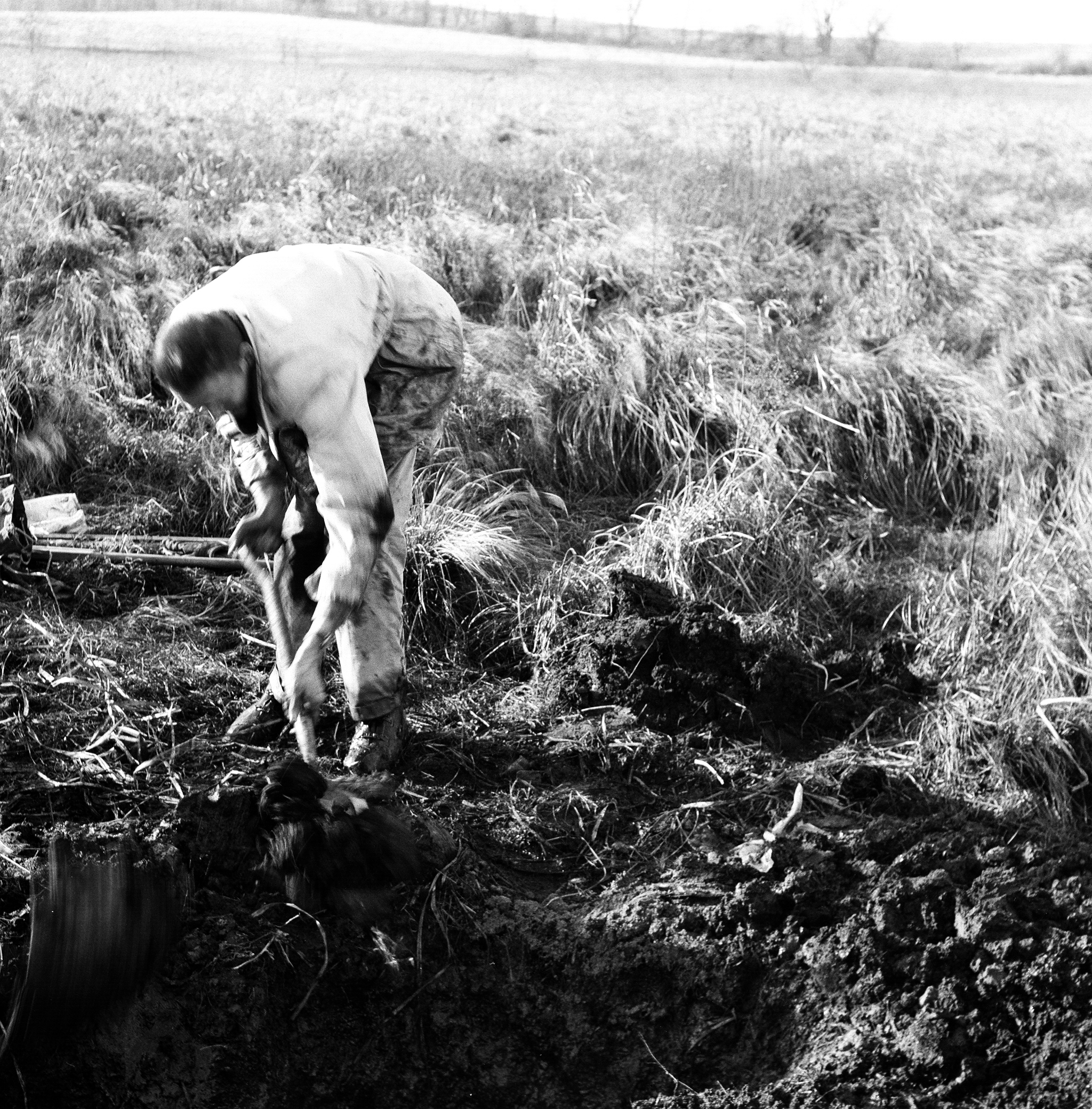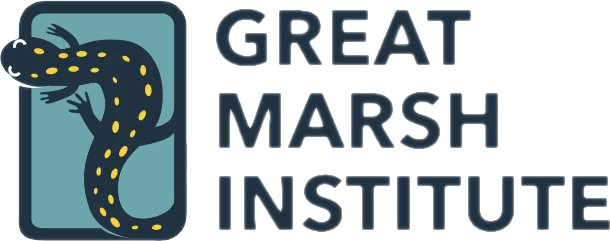For more than 70 years, researchers have studied the Great Marsh geology and ecosystem at Marshlands.

In the 1950s Paul Martin studied pollen in sediments deposited over the course of 13,500 years to reconstruct the ice-age habitat of the land at the edge of the Wisconsinian glacier. You can read his analysis here, along with other interesting observations about Great Marsh vegetation in the 1950s as well as evidence of indigenous land use practices.
Today researchers take advantage of ongoing weather, water quality, bio-audio monitoring, and radio network (MOTUS) systems at Marshlands.
(View the list of research projects conducted up to 2025.)
Explore below to learn more about research projects at Marshlands.
Research Projects
Community Science
Community scientists (a.k.a. citizen scientists) play an important role in studying the Great Marsh ecosystem.
As an iNaturalist user, you can help GMI learn more about the life of the Great Marsh every time you visit. Use iNaturalist to document plants, animals, fungi, and other organisms that you encounter. This is a great way to crowdsource identification when you can’t figure out what something is. Check our events page for a nature walk and other opportunities to use iNaturalist at Marshlands.
eBird lets birders keep track of the birds they see and hear, and, like iNaturalist, it can give naturalists a preview of the species they’re likely to encounter. Check our events page for a birding walk at Marshlands.
The Great Marsh is the center of the Elverson (count code PAEL) Christmas Bird Count.
Great Marsh Institute Science Advisory Board
Research at Marshlands is coordinated by the GMI Science Advisory Board (SAB). To promote and facilitate these activities, the SAB serves as a point of contact to interested parties, providing access to GMI’s land and learning resources. The SAB meets periodically to discuss ongoing projects and research, share information, and discuss ideas for new research and educational opportunities.
Research Proposals
Contact info@greatmarshinstitute.org to learn about how you can conduct research at the Great Marsh, at least 60 days in advance of your planned research.
